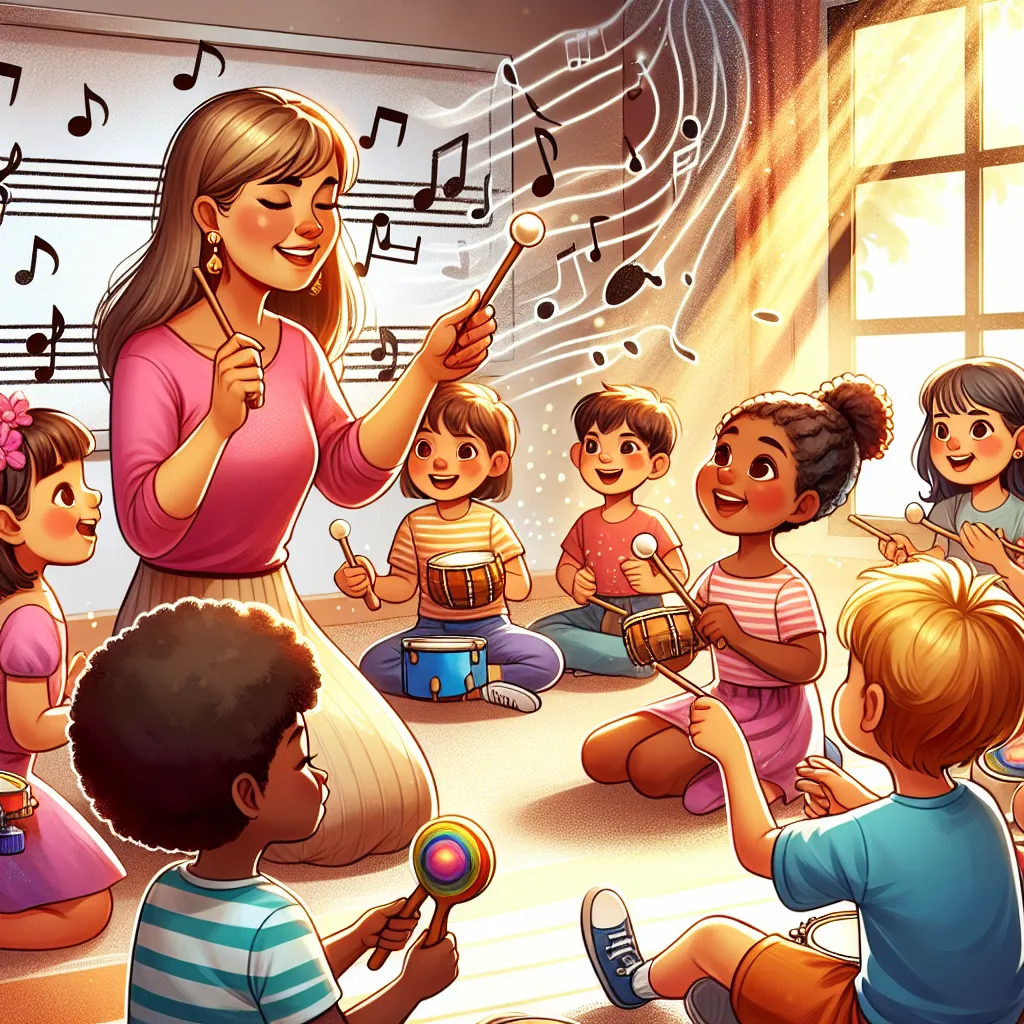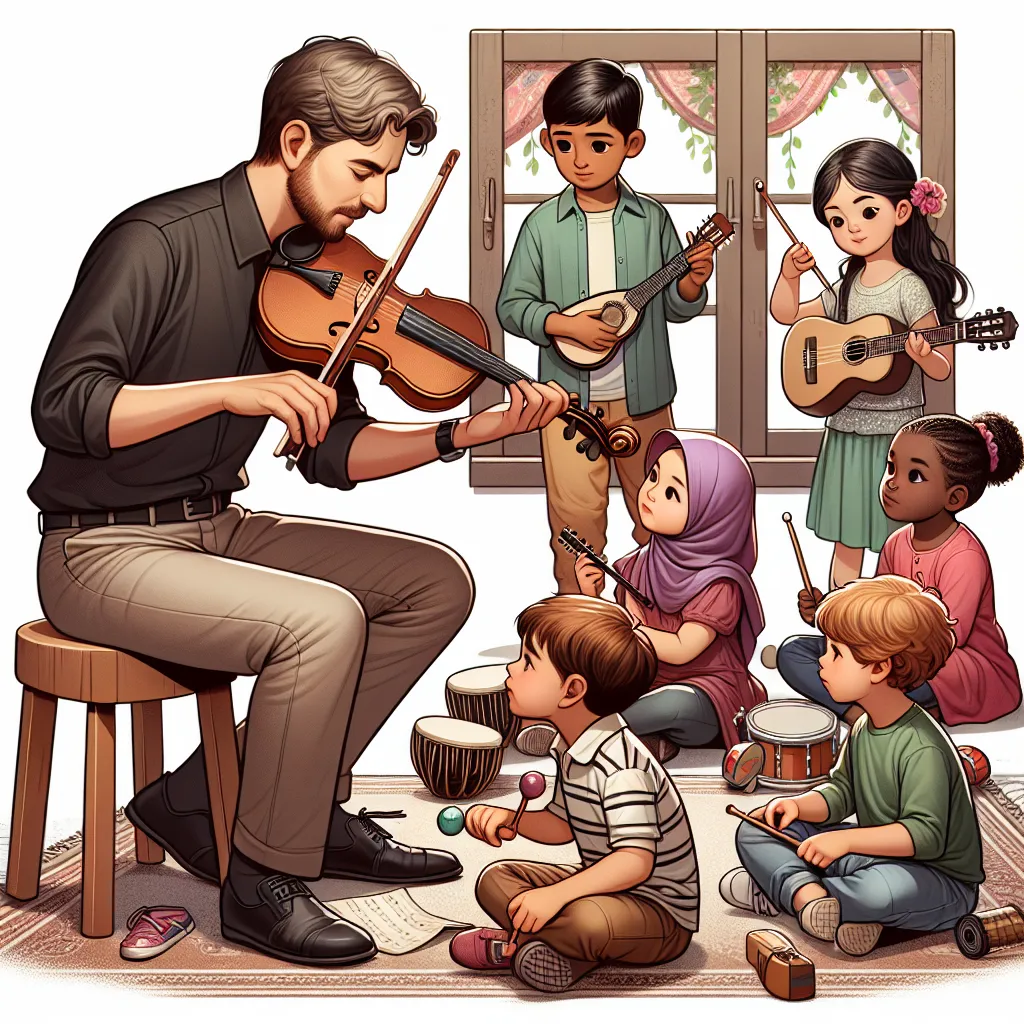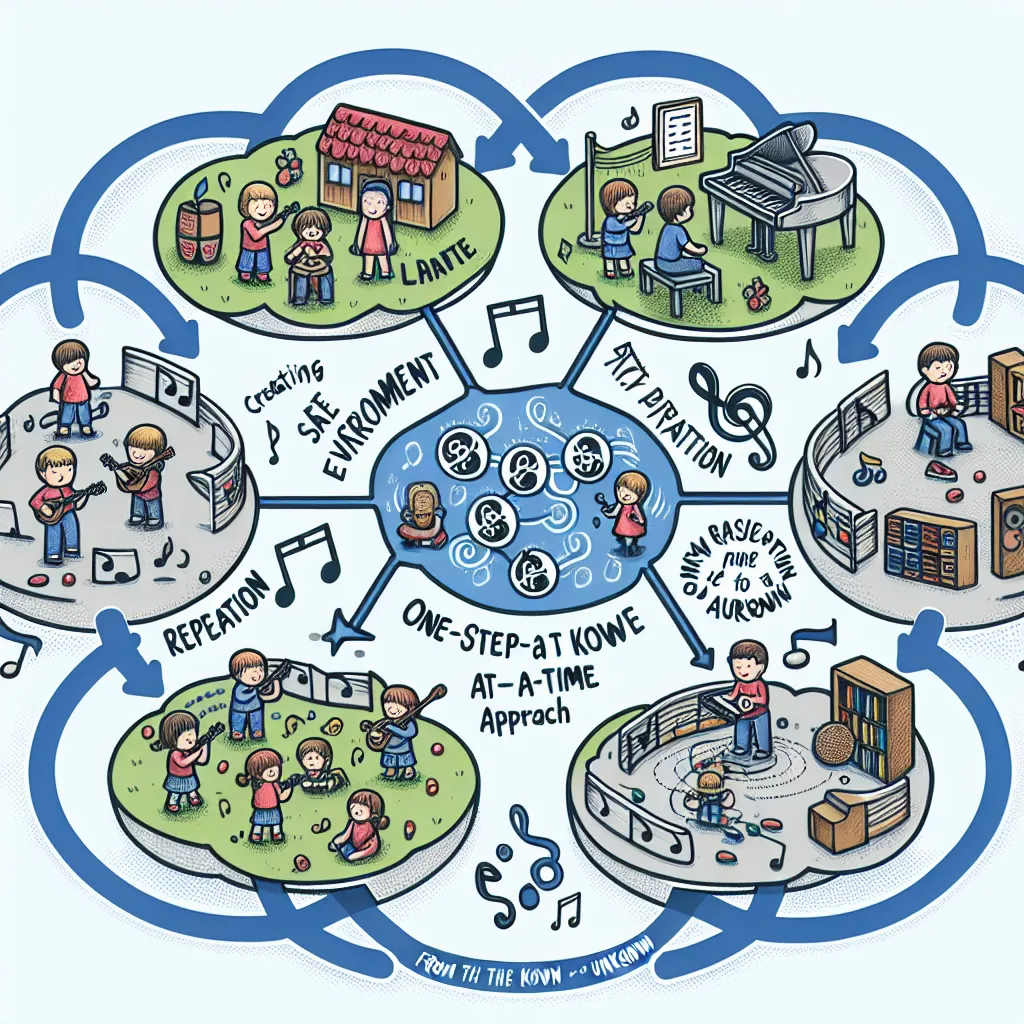Ask AI on The Internet
Question: 1.4 List three benefits of music in early childhood development contexts. For each musical concept below, design a simple activity to support Grade R learners’ understanding of the concept. • Beat • Dynamics • Pitch Should dance movements be choreographed or unchoreographed in Grade R? Provide two reasons to support your answer. Recommend four open-ended questions that teachers can ask learners after a drama lesson to support language development through reflection. QUESTION 2 2.1 2.2 Explain the five key components that should be present in a good music lesson plan. Plan a lesson to teach an action song in Grade R learners. You can choose any theme. Use the template provided on page 145 of the study guide. QUESTION 3 3.1 (3) (9) (4) (4) [20] (10) (10) [20] Create a mind map showing the six principles of teaching music in Grade R. (12) 3.2 3.3 Recommend five music teaching resources that every Grade R teacher should have in his or her class. Explain how music contributes to the cognitive development of Grade R learners. (5)
**1.4 Benefits of Music in Early Childhood Development:** 1. **Language Acquisition**: Music exposure helps children develop their phonological awareness, vocabulary, and speech coordination. 2. **Social Skills**: Music making in groups facilitates cooperation, taking turns, and creating a sense of community. 3. **Emotional Regulation**: Music activities can help children express and process their emotions, leading to improved self-regulation. **Musical Concepts and Activities:** 1. **Beat:** - **Activity**: Clap and March - Play a simple song and ask the children to clap their hands to the beat. Then, encourage them to march around the room in time with the music, focusing on stepping to the steady beat. 2. **Dynamics:** - **Activity**: Quiet and Loud Song - Sing a familiar nursery rhyme, such as "Twinkle, Twinkle Little Star," changing the volume of your voice to be very soft (piano) for some lines and very loud (forte) for others. Ask children to mimic your volume changes with their singing or instruments. 3. **Pitch:** - **Activity**: High and Low Sounds - Use a simple instrument like a xylophone to demonstrate high and low pitches. Ask children to mimic the high and low sounds with their voices or to point to high and low pictures (e.g., a bird for high and a bear for low). **Choreographed vs. Unchoreographed Dance Movements:** - **Unchoreographed Dance Movements:** 1. **Creativity and Expression**: Allowing children to dance freely without set choreography encourages their creativity and self-expression. They can interpret music in their own way, fostering a personal connection to the activity. 2. **Developmental Appropriateness**: Grade R children are at various developmental stages, so unchoreographed movements accommodate a wide range of motor skills, helping each child move comfortably at their own pace. **Open-ended Questions After a Drama Lesson:** 1. What did you like most about the story we acted out? 2. How did your character feel during the play, and why? 3. Can you tell me about a part of the story that was exciting or surprising for you? 4. If you could change anything in the play, what would it be, and why? **QUESTION 2** **2.2 Key Components in a Good Music Lesson Plan:** 1. **Objective**: Clear goals for what the lesson intends to achieve. 2. **Materials**: A list of everything needed for the lesson. 3. **Introduction**: Activities to engage students and introduce the lesson topic. 4. **Main Activities**: Detailed description of the core activities and tasks. 5. **Conclusion/Assessment**: Activities to reinforce learning and an assessment of student understanding. **Action Song Lesson Plan for Grade R:** **Theme: Animals** 1. **Objective**: Students will learn an action song about animals and understand different animal movements and sounds. 2. **Materials**: A pre-recorded "Old MacDonald Had a Farm" song, animal picture cards. 3. **Introduction**: Show pictures of different farm animals and discuss the sounds they make and how they move. 4. **Main Activities**: - **Sing**: Introduce the "Old MacDonald Had a Farm" song, play the recording, and sing along with children. - **Actions**: Teach the corresponding animal movements (e.g., flap arms like a duck, hop like a bunny) and sounds. - **Rehearse**: Practice singing and doing the actions together. 5. **Conclusion/Assessment**: Perform the song as a class, and ask children which animal they enjoyed pretending to be the most. **QUESTION 3** **3.1 Mind Map of Six Principles of Teaching Music in Grade R:** - **1. Active Participation**: Engage children in singing, moving, and playing instruments. - **2. Repetition**: Use familiar songs and activities repeatedly to reinforce learning. - **3. Playfulness**: Make activities fun and engaging to foster a love for music. - **4. Integration**: Connect music with other areas of learning, such as storytelling or visual arts. - **5. Diversity**: Introduce children to music from various cultures and genres. - **6. Sensory Experience**: Use a multi-sensory approach, integrating listening, seeing, and feeling music. **3.2 Five Music Teaching Resources:** 1. Percussion instruments (e.g., tambourines, maracas, drums) 2. Songbooks with simple, age-appropriate songs 3. Audio equipment (e.g., CD player, speakers) for playing recorded music 4. Visual aids (e.g., posters with musical notes, animal pictures) 5. Rhythm sticks or clapping games to teach beat and rhythm **3.3 How Music Contributes to Cognitive Development:** - **Memory and Recall**: Learning songs and musical patterns enhances memory skills. - **Math Skills**: Music involves counting rhythms and understanding patterns, aiding in the development of mathematical skills. - **Attention and Focus**: Participating in music activities requires listening carefully and following along, improving focus. - **Problem-solving**: Figuring out how to produce desired sounds or how to move to music encourages problem-solving. - **Language Development**: Singing lyrics, rhymes, and chants helps expand vocabulary and enhances phonemic awareness.
Think your answer is better than the AI's? Post it below.
Other Most Relevant Posts:
Question Tags
If you want your question answered by an AI, click here.







Post your own comment: